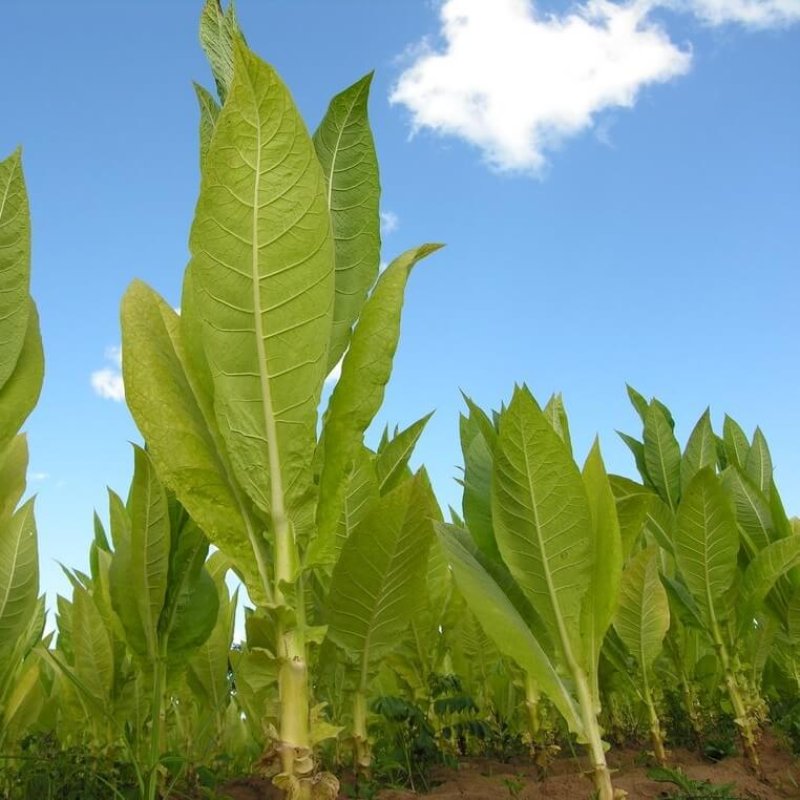Imagine if plants could be engineered to produce vaccines, pharmaceuticals, proteins and enzymes for medical, agricultural and industrial applications at a fraction of their current cost.
A new Cornell-led study describes a major advancement in the field, literally.
The market for such biologically derived proteins is forecast to reach $300 billion in the near future. Industrial enzymes and other proteins are currently made in large, expensive fermenting reactors, but making them in plants grown outdoors could reduce production costs by three times.
…
In the study, the researchers genetically modified tobacco plants to produce the cellulase protein Cel6A, an enzyme …. The production of Cel6A serves as a proof of principle, but in a practical sense, it belongs to a large group of related enzymes used in the manufacturing of modern laundry detergents; in the textile industry, such as in the softening of blue jeans and other fabrics; and in the processing of food and animal feed. Also, cheaper cellulases can greatly reduce the end cost of ethanol and other biomass-derived green products.
Read full, original article: Designer plants one step closer to growing low-cost medical, industrial proteins































